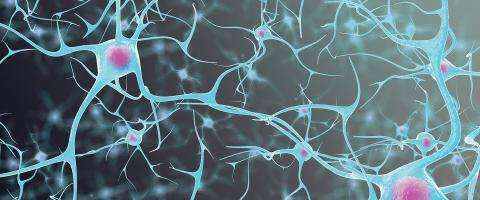
Research on COVID’s impacts indicates how the pandemic is affecting families and child mental health, as well as how racial and socioeconomic factors can exacerbate risk and pose obstacles to care for those who are underserved by the healthcare system.
Read More
A Q&A with Dr. Kimberly Carpenter of Duke University, who has conducted important research on preschoolers with overly sensitive senses—children who are intensely bothered by stimuli such as loud or high-pitched sounds, or the sensation of clothing rubbing on the skin. Her research has shown that these children are at greater risk for developing an anxiety disorder by school age. She also discusses sensory oversensitivity and autism spectrum disorder.
Read More
In an in-depth Q&A, Dr. David Miklowtiz, one of the world’s leading clinical authorities on treating bipolar disorder, offers a wealth information about this complexdisorder, including its range of manifestations. He also addresses the signs parents should pay attention to if they are concerned that their adolescent may have bipolar disorder; how to distinguish unipolar depression from depression that occurs in bipolar disorder; and how family-focused therapy can help patients and families reach better outcomes.
Read More
We offer A RESEARCHER’S PERSPECTIVE, based on a presentation given by Lisa M. Monteggia, Ph.D., of Vanderbilt University, at a zoom event hosted by BBRF. The topic of her presentation was “Studying Ketamine’s Rapid Effects to Unlock Secrets for Developing Better Antidepressants.” Dr. Monteggia reflects on what she has learned about antidepressant mechanisms from the therapeutic results obtained with the experimental drug ketamine.
Read More
Our PATHWAYS TO THE FUTURE story is about an unconventional approach to developing new psychiatric drugs. Based on an initiative by the National Institute of Mental Health, it’s called “Fast-Fail” and is designed to weed out the weakest drug candidates early in the process, to save time and money. In its first comprehensive test, a team led by two BBRF grantees and including 11 other BBRF grantees, Scientific Council members and prize winners, demonstrated the approach using a potential drug to treat anhedonia—the inability to experience or seek pleasure—which is seen in a number of psychiatric disorders including depression, anxiety, and PTSD.
Read More

